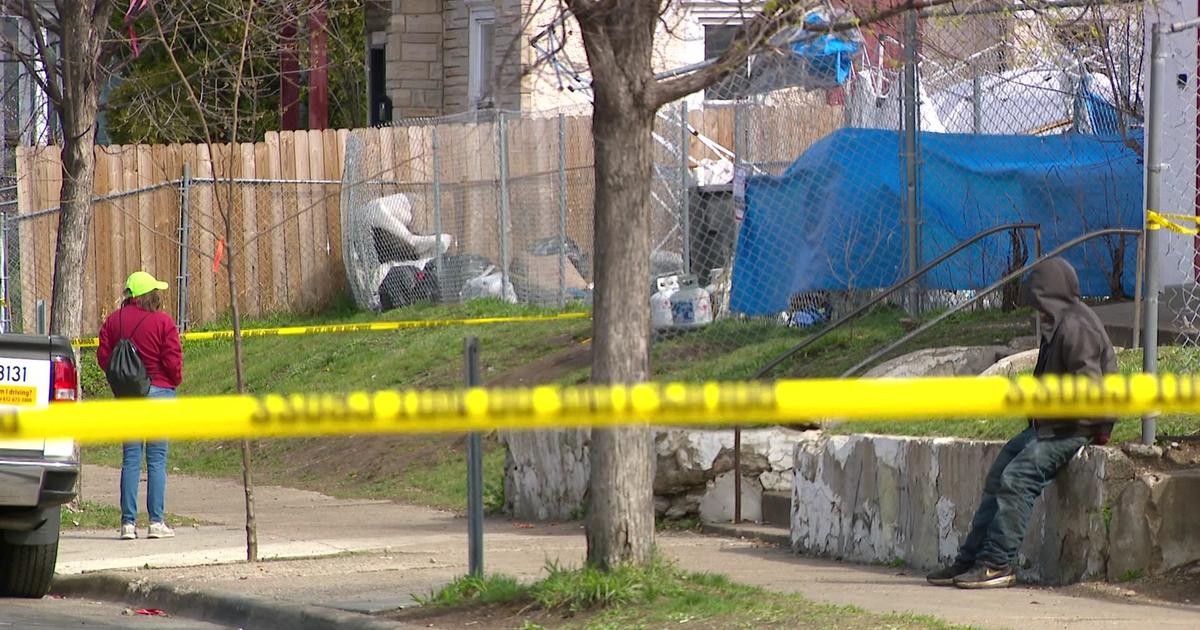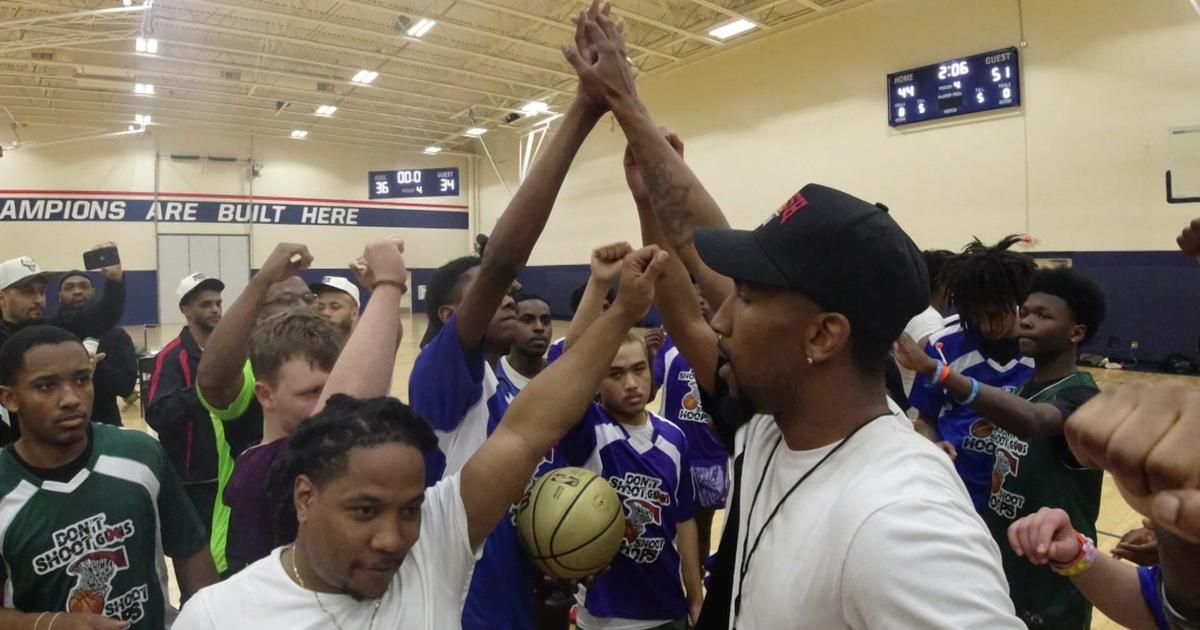Mpls. Police Unveil New Program To Connect To Community
MINNEAPOLIS (WCCO) -- A group of religious and cultural leaders will help police in Minneapolis develop better community-police relations.
They're part of a new Community Chaplain Program designed to connect cops and the community, expanding the role of police chaplain.
On Thursday, Chief Janeé Harteau introduced the program's 13 members.
In the past, chaplains spent 48 continuous hours a month on call and really only notified families when someone passed away.
Their new role will be more of a liaison, helping to bridge a gap between community and police in hopes of building lasting partnerships.
"They are highly respected members of their communities and their neighborhoods and they serve very diverse communities in our city," Harteau said.
The look of the chaplain corps is much different than in years past. Those wearing the title now look like the communities they represent.
"When I began, it was a lot of older white men and me," said Pastor Linda Koelman.
She has been a chaplain for 14 years. This is her third time working with the Minneapolis Police Department.
This time around, she believes the focus on community is key.
Before, chaplains worked all over the city, now they will concentrate their efforts where they live and work.
"I think you can get to know your area better that way," Koelman said. "And that's a good thing, because that's your community and that's where we belong."
Every chaplain who stood with the chief Thursday said they feel called by God to do this work.
"If we work together in our neighborhoods to build a relationship with all of its members, then our neighborhoods would be safe, and we can all live there in peace and harmony," said Pastor Charles Graham.
All have the same hope -- that their faith and neighborhood connections lead to a greater conversation between police and community.
Each precinct has three chaplains; more can be added if there is a need.
Chaplains are required to do ride along with officers, community outreach and special events.
They'll be paid a $400 monthly stipend for the work. That money comes from taxpayers.



